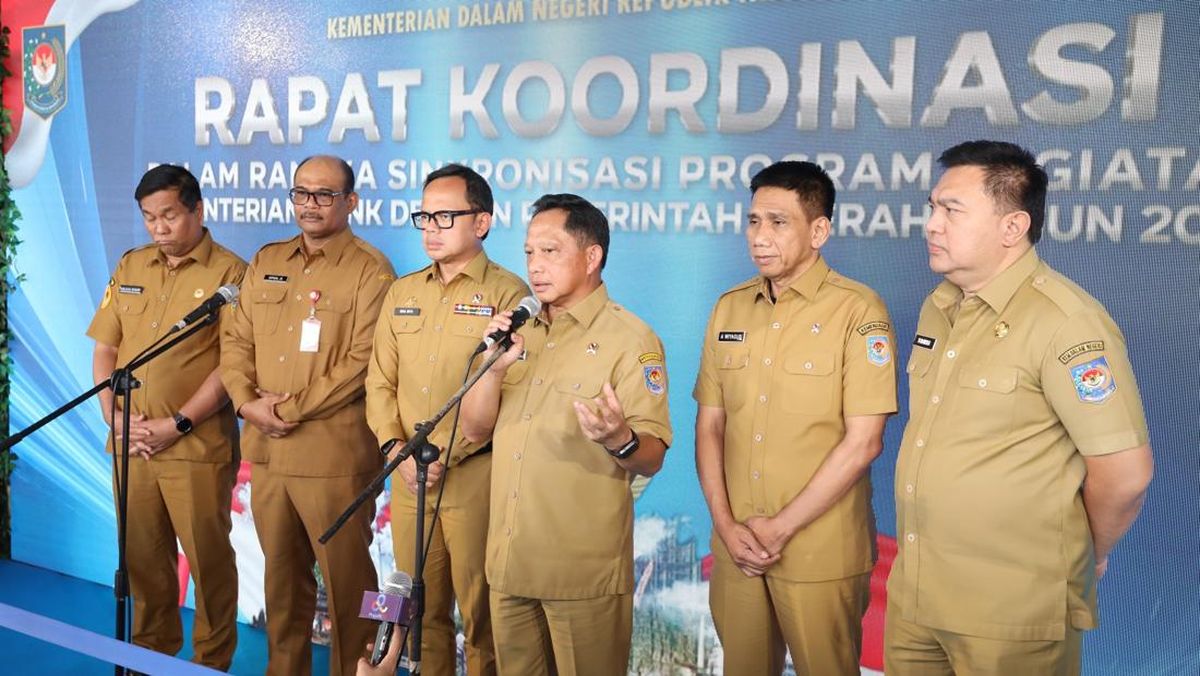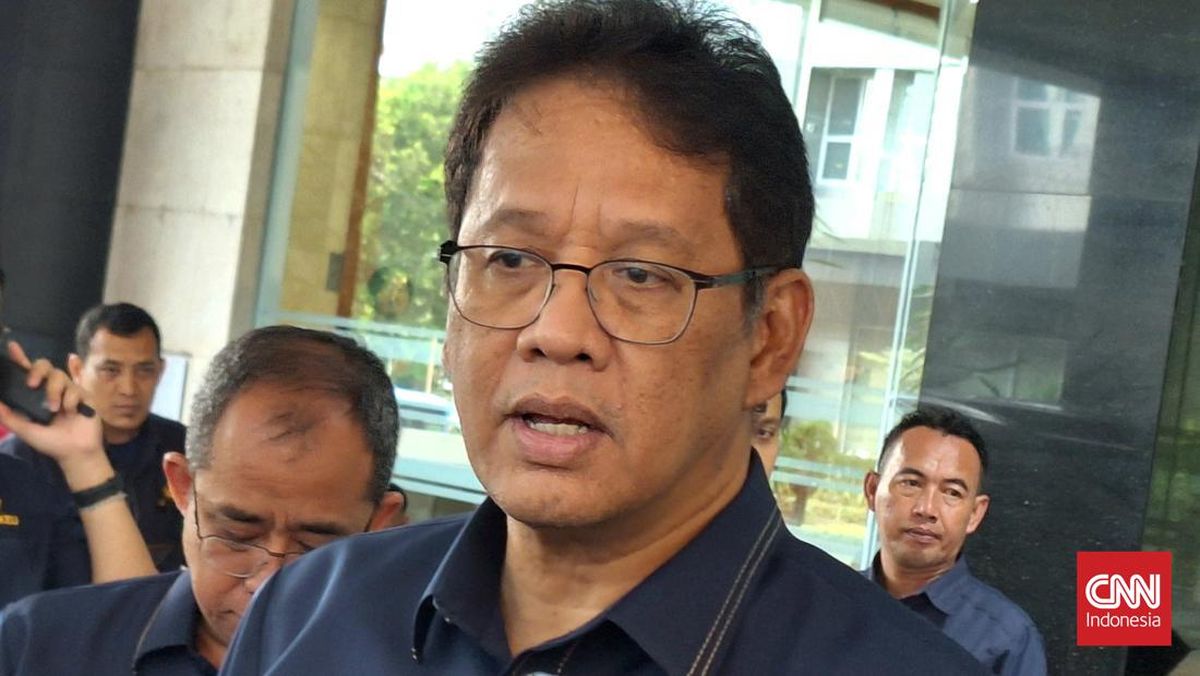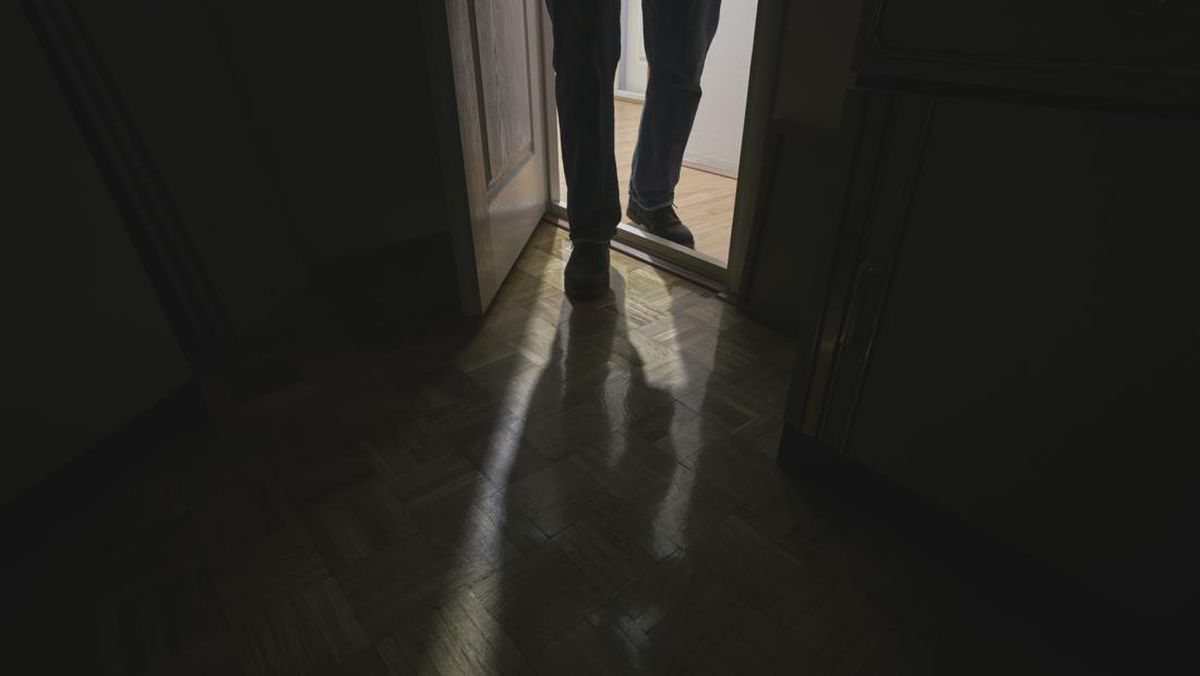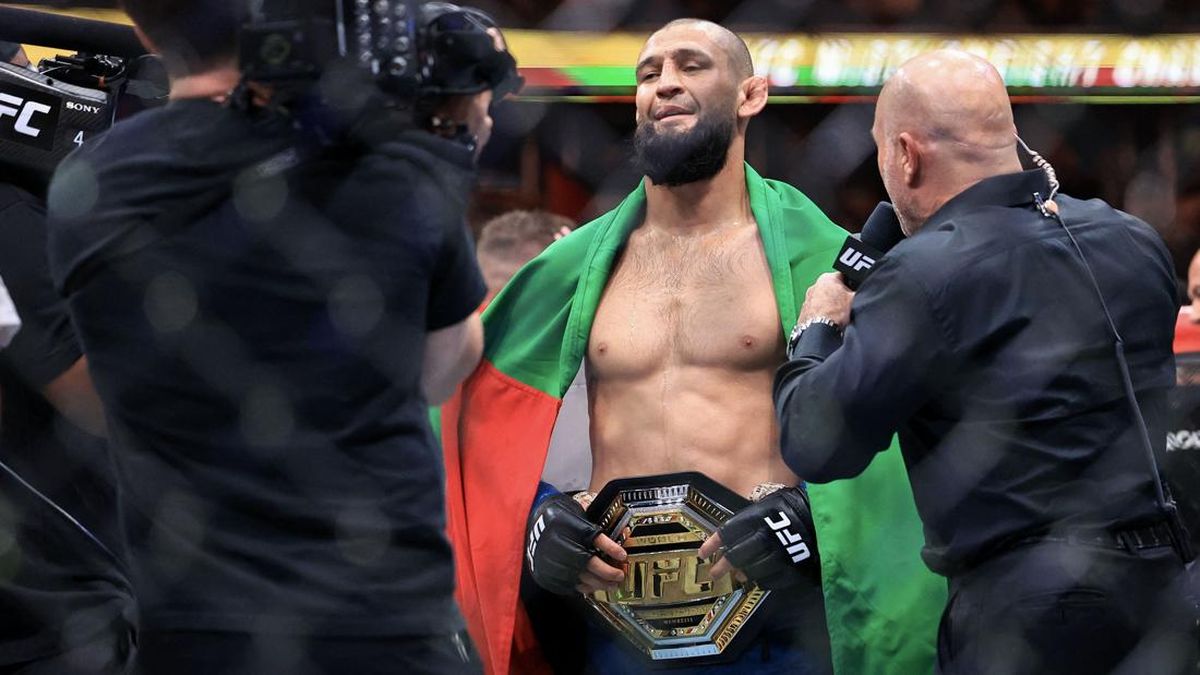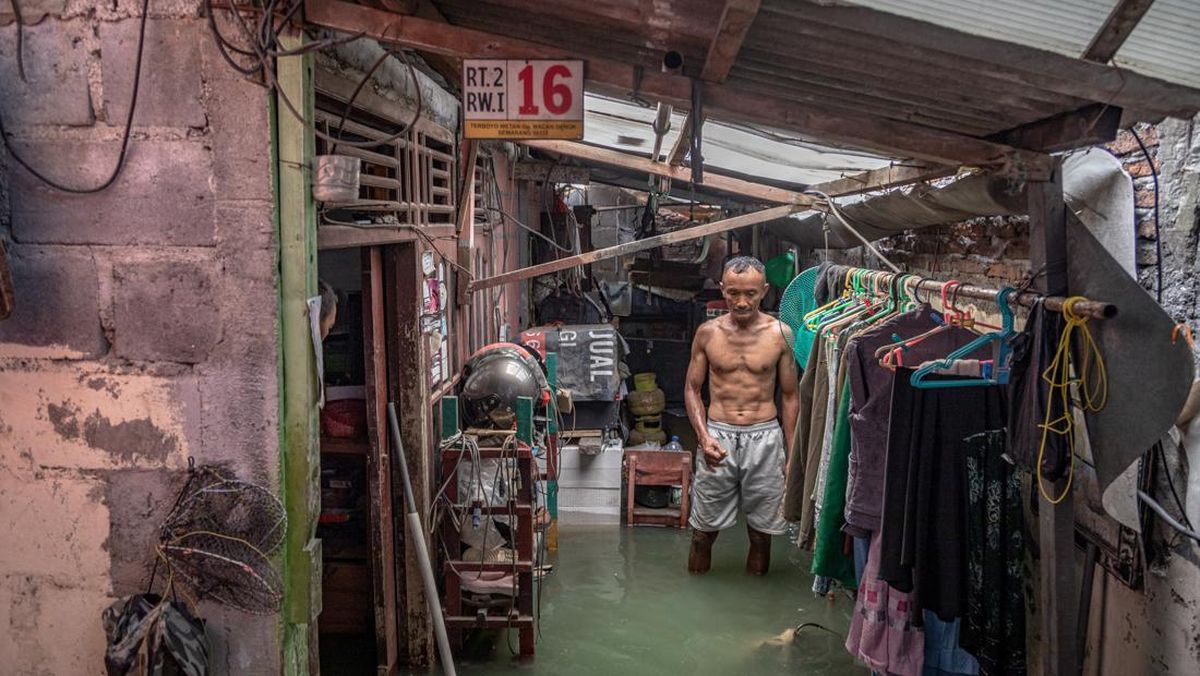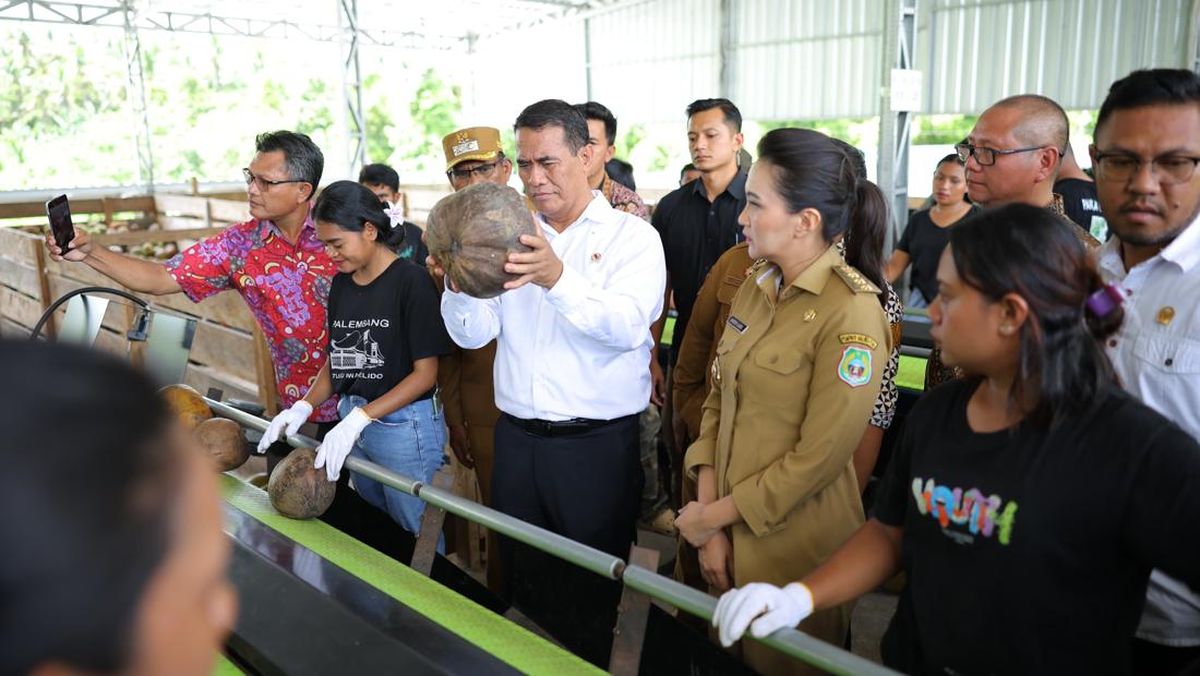Ley’s revelations about coercive control will help women. It’s a shame her party won’t do the same
When Sussan Ley revealed last week she’d been a victim of coercive control, my first response was “poor bloody woman”. Then “thank God she got away”. And then? A moment of reflection on where Ley is now: the leader of a political party which diminishes the experience of women every single day.
In the week since, her revelation has been the hot topic in group chats and real-world conversations among women of all age groups across Australia, as we were torn between wanting to know more of her story, but not demanding trauma porn. Also, how can you have survived coercive control, yet work within a party which continues to deny the existence of women as equal human beings?
How does a woman who’s been a victim of family violence survive – and thrive – in a party with a history of neglecting the domestic violence sector? How is that humanly possible? The tension of that contradiction would kill me.

Opposition Leader Sussan Ley during an interview in the Nine studio at Parliament House.Credit: Alex Ellinghausen
This is what the opposition leader said at the National Press Club last week: “I want the women of Australia to hear me when I say to them as a national leader: I understand the fear you feel when you go for a walk alone. Because I have felt that fear too.”
And then: “I understand the pain that comes with coercion and control. Because I have felt that pain too. I understand what it is like when you blame yourself for the actions of others. Because I have blamed myself too.”
She resisted follow-up questions. “Look, I have had personal experiences, and I don’t choose to share them publicly, but I want the women of Australia to know that I know, and that I’m with them, and that I understand how it feels and what it’s like, and how sometimes, only looking back, can you really understand what went on.”
So what exactly is coercive control? I asked Monash University’s Kate Fitz-Gibbon, a walking textbook on family violence in this country. She said it describes a pattern of abusive behaviours in intimate partner relationships that can include physical and/or sexual violence, but also a range of different coercive and controlling tactics such as financial abuse, stalking, technology-facilitated violence, intimidation.
And here’s the key to the harms of coercive control, says Fitz-Gibbon: “It can eat away at a person’s sense of worth, their confidence, their understanding of who they are.”
I love that Sussan Ley escaped that in her personal life. But now she has to manage it professionally within a party that doesn’t prioritise the issue. Angus Taylor was a no-show at his own leader’s National Press Club speech. (His office says this was due to family health reasons and that he explained this to Ley.)
There is a very short list of Australian politicians who have talked about their experiences of family violence: Anne Aly, Emma Husar, Tanya Plibersek revealing her daughter Anna’s abuse by an ex-boyfriend. These are all Labor women. Labor, at least, has done its best to put violence against women on the national agenda. NSW state Liberals Lucy Wicks and Felicity Wilson were both extraordinarily brave when they revealed their own stories.
But Ley’s revelations were more astonishing because in her almost 25 years in parliament she has worked alongside those who undermine women on a daily basis and who are doing so as we speak.
Loading
There is a history of the Liberal Party refusing to properly fund domestic violence services and pandering to extremists. How does she manage those internal contradictions?
A couple of weeks back, the Australian Longitudinal Study on Male Health reported one in three men (32 per cent) aged 18 to 57 years reports using emotional abuse towards a partner. One in 10 (9 per cent) says they have used physical violence. I know conservative men who rejected those findings. Some, I know, have even queried Ley’s disclosures. Do we #believeallwomen? The mantra during the #metoo years was exactly that. But should it be extended to a woman who leads a party which has long denied the experience of women? Think Julie Bishop. Julia Banks. Bridget Archer. Brittany Higgins. Karen Andrews.
And who can forget that Tony Abbott, the self-appointed minister for women, described Liberal candidate Fiona Scott as having “sex appeal” when he was leader of the party? Scott tells me her mother was horrified when Abbott described the western Sydney Liberal that way.
“Mum sacrificed everything just so I could be objectified,” says the woman who is now vice-president of the Liberal Party. “Nobody wants their little girl depicted like that.”
Loading
Scott also tells me folks in the party say she owes her career to Abbott for outlining her selling point, but adds Abbott would never get away with that now. I wonder. Not that long ago former prime minister Scott Morrison was telling women they were lucky not to be shot when they protested. Not that long ago, Liberal men were telling Liberal women they were sufficiently assertive. And now we’re hearing some members of the party float the idea of gender quotas not to see more women enter the parliament, but to protect the rights of men.
This is the party Ley leads. It has never ever backed women. It refuses to engage with the idea that women should have equal representation. It believes in merit so long as that merit is attached to testicles.
And now it’s led by a woman who says she’s experienced family violence. That’s another part of the lives of Australian women with which the Liberal Party has refused to engage. I remember when Michaelia Cash, who took over from Abbott as minister for women, pulled out of a crucial meeting with state and territory ministers for industrial relations because she said no ministerial decisions were needed.
I believe Sussan Ley because she strikes me as a woman who keeps receipts. But do I believe she can overhaul the one party in Australia which resolutely refuses to overhaul itself despite repeated advice?
The jury – and Australians – are still out on that one.
Jenna Price is a regular columnist for The Sydney Morning Herald and The Age.
Most Viewed in Lifestyle
Loading



